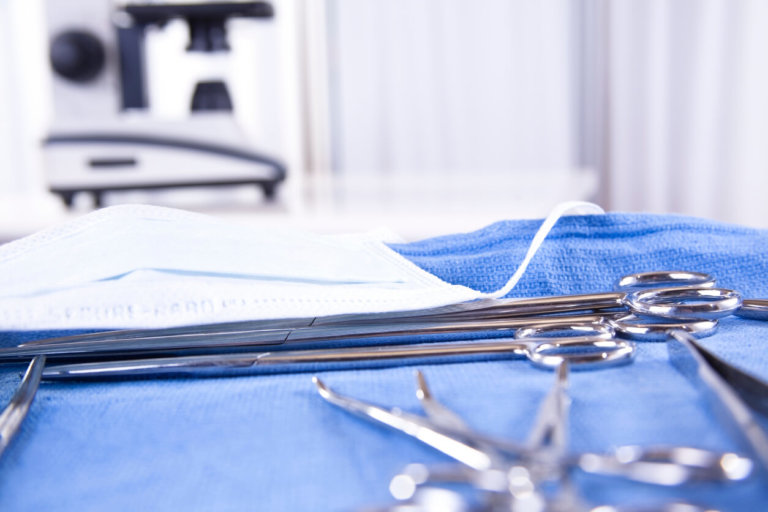An autopsy is a detailed medical examination of a person’s body after that person has died. A physician or forensic pathologist specially trained to study abnormalities, diseases, and injuries examines the body externally and internally, including performing blood work and other diagnostic tests. The purpose of an autopsy is to confirm or determine the cause of death and gather evidence related to the cause of death. A New Jersey wrongful death attorney uses the information in the autopsy when building a wrongful death case.
Why Is an Autopsy Important in a Wrongful Death Case?
Even though an autopsy is not legally required to file a wrongful death claim, it can help prove that the wrongful acts of another party were the primary cause of the person’s death. An autopsy provides more information and evidence regarding the person’s death than a statement on a death certificate. In many cases, an autopsy provides specific evidence unavailable from other sources.
In a wrongful death claim, there must be evidence linking the person’s death to the actions or inactions of the other party. Without an autopsy, it may be difficult to prove causation, thereby making it much more difficult to prove allegations of negligence and wrongdoing.
Therefore, it is usually best to request an autopsy if you suspect that medical errors or other wrongdoing, such as an automobile accident, fall, or injury from a defective product, may have caused your loved one’s death. However, because autopsies are not required to file a wrongful death claim, you should still discuss your suspicions with an attorney. There could be sufficient evidence without an autopsy to support a wrongful death claim.
What Happens After an Autopsy Is Completed?
An autopsy report should explain in detail how the person died and the factors that contributed to the person’s death. If the person’s death was preventable or would not have occurred had it not been for the actions of another party, the family members may have a wrongful death claim.
A wrongful death claim seeks compensation for the loss and damages resulting from the preventable death of a family member. Compensation does not ease the family’s grief, nor does it fill the void left by the sudden death of a family member. A wrongful death lawsuit does help a family recover some of the financial losses sustained because of death. The wrongful death claim also allows the family some measure of justice and closure as they seek to hold the person responsible for their loved one’s death liable. A lawsuit can also help deter the responsible party and others from committing the same negligence and wrongdoing in the future.
Contact a New Jersey Wrongful Death Attorney for Help
Some families refuse an autopsy because of religious grounds or moral beliefs. Other families may forego an autopsy because they are consumed by the grief of losing their family members, and they are not thinking about legal actions. While having an autopsy can be an important and valuable piece of evidence in a wrongful death action, it is not the only evidence available. Talk to a New Jersey personal injury attorney about your loved one’s death. Schedule a consultation with our New Jersey wrongful death lawyers today. An attorney can answer your questions and provide guidance in seeking justice for your loved one and your family after a tragic, preventable death.

